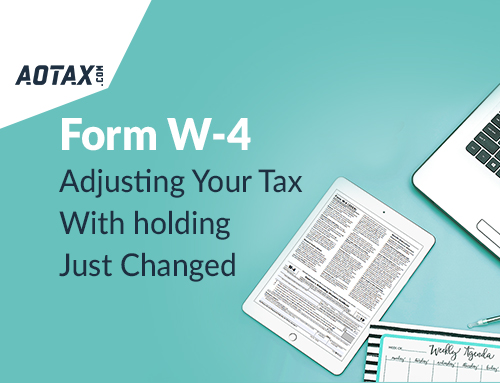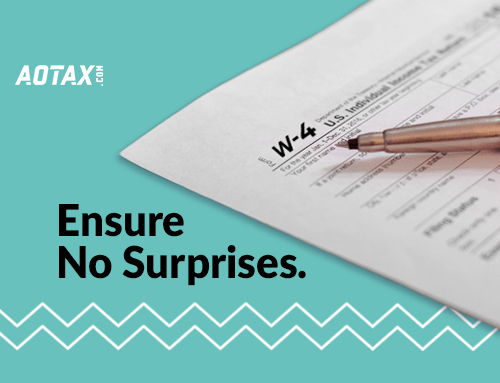
When Can I Get A Natural Disaster Tax Deduction?
When Can I Get A Natural Disaster Tax Deduction?
Can I Get A Tax Deduction? Natural disasters can cause and leave behind severe damage, once they are done. Hurricanes in recent times have done a lot of damages for individuals and communities. And the official season for hurricane stars from June to November. Thus, it is important that you prepare for the same even if you stay in an area, that is not known for hurricanes.
In the event that you have incurred some loss from a hurricane or any other natural disaster for that matter, you can write off some damages on your tax returns. This includes disasters such as earthquakes, floods, fire, etc.
How To Prepare For A Natural Disaster?
It is very difficult to prepare yourself for a natural disaster. However, there are a few precautionary steps that you can follow to maximize protection against it.
- Know the Storm
It is essential that you stay on the top of the storm. Not literally. But being aware of the category, the direction in which it is headed, whether you should vacate your home or not, etc. will be helpful.
- Create an Emergency Plan
You can start with creating a supplies kit for the disaster. This can contain stuff like any prescribed medications, blankets, flashlights, pillows and any other essentials. As a part of the emergency plan, you can decide on a general meeting place in the event of an emergency.
- Secure Your Documents
Ensure that all your essential documents are kept in a box that is weatherproof. You can also make a copy of all the documents and keep them in a separate location. Consider creating a digital copy of the second set.
- Protecting Your Home
You can carry out a few simple steps to reduce the amount of damage caused by a storm. For example, you can install storm shutters or replace your roof or make minor adjustments to protect your house against storms. You can also take pictures of your house so that you have documented how it looked before the damage to show it to the insurance company.
- Quick check on your finances and insurance
Take a quick look at your emergency fund and decide if it’s enough. If it is not you can set aside anadditional amount till the disaster. You can also check your insurance if it covers natural disasters such as flood fire. If it does not,you can make minor adjustments.
What Disasters Would Qualify For Tax Deduction?
As per the Tax Cuts and Jobs Act,you can write off only disasters that have been declared federally.For example, hurricane Harvey in 2017 and the California wildfires were federally declared disasters. If your tax records come under the disaster area as per the federal records,you are eligible for the benefits. As an affected taxpayer you’re eligible for these unique benefits. And it is not limited only to individuals as sole proprietors, business entities and business owners can also benefit from it.
Are There Any Special Rules For The Affected Taxpayers?
Yes. Here are some of the special rules for the affected taxpayers.
- Access To Retirement Accounts
You can withdraw up to $100,000 from your retirement account to pay for damages.
- Deductions
In the case of an official disaster, you can deduct $100 from the total damage caused. And then you can deduct up to 10% of your adjusted gross income.
- Tax Filing Extension
For natural disasters, the government might allow for an extension of the tax filing deadline, beyond the standard 6 months extension.
Natural disasters can be very difficult. With the above, you can reduce your recovery duration by a small margin.









Recent Comments